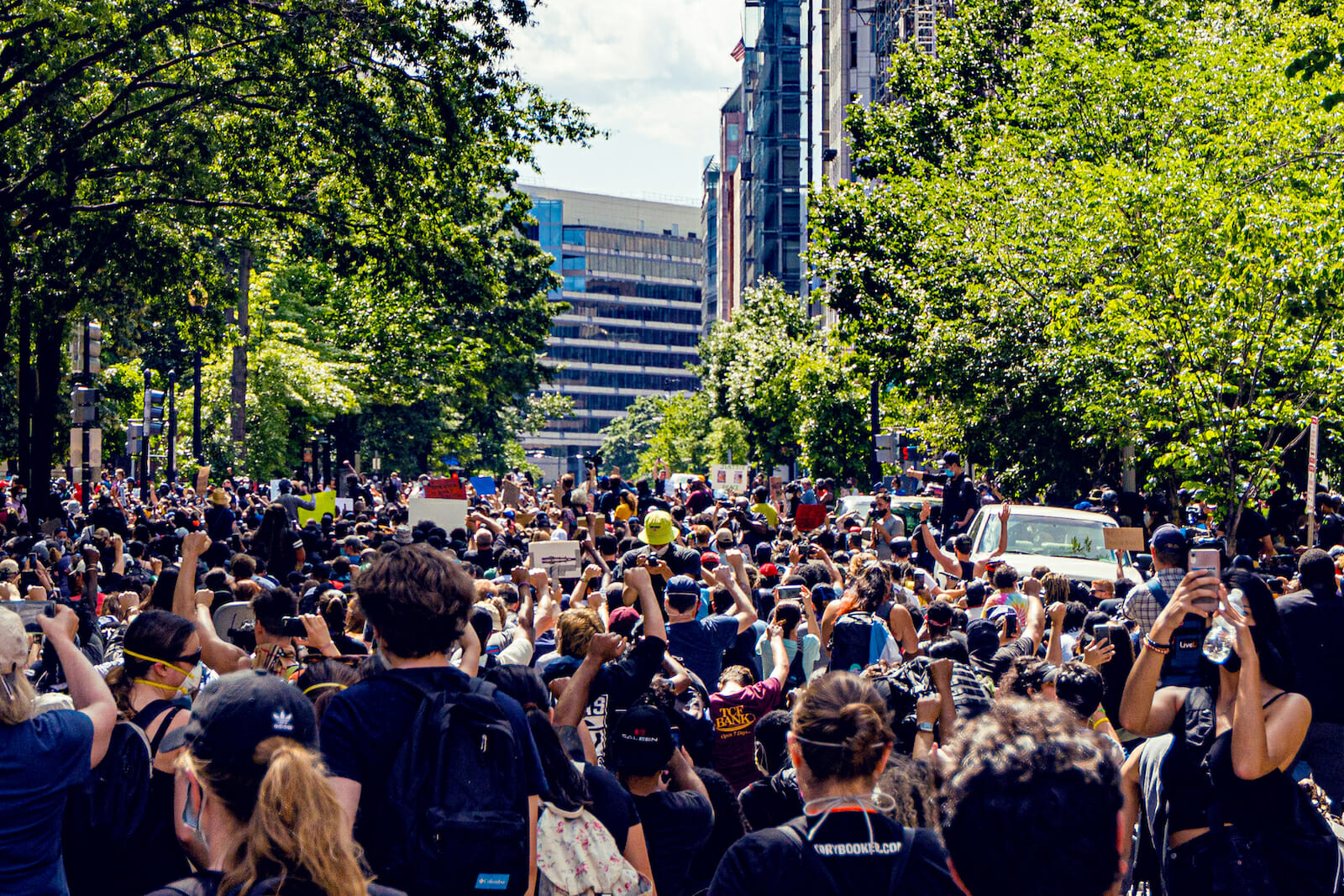
China sees U.S. Diminish Before its Eyes
Beijing is looking at the world today through a prism where the United States can be accounted for. The U.S. is too weak, it believes, except in purely military terms, to counter China’s interests. The image has been seen the world over. A black man dies after a U.S. policeman kneels on his neck. Civil strife ensues. America is in retreat, and without firing a shot, China has more global influence than at any time since the 16th century.
Even before this shocking event, the Sino-U.S. relationship was for the history books. Zhao Lijian, a spokesperson of China’s Ministry of Foreign Affairs, stupidly said in March that COVID-19 was released by the American military. He would not have said it or gotten clearance to say it without a nod from above. This speaks to the trust between the two sides being completely gone. There was little trust even when the relationship was financially beneficial to both countries but at least there was a feeling that the two could profit from closer ties. That has evaporated.
The China-America relationship is holed beneath the waterline. There will still be a relationship, of sorts, but it will be based now on competition, not cooperation. For the first time since Richard Nixon was testing recording equipment in the White House, China is not a potential ally but a clear and present danger. Or at least that is how the Trump election campaign will describe it.
From Beijing’s viewpoint, they can barely believe their luck. Not at the decline of the relationship but rather that the U.S. is in a place where any criticism of China’s rights record looks, at least Beijing will say, hypocritical and be easy to counter. Beijing is about to introduce a draconian security law in Hong Kong that all but upends the ‘one country, two systems’ formula.
They are doing it under COVID-19 cover, while the world is largely distracted. It’s working. No real objections. Sure, a few voices raised, the U.S. may even impose some sanctions. But, let’s just wait and see. The U.S. after all is convulsed after the George Floyd killing. Donald Trump, from Beijing’s point of view, is a gift that keeps on giving, is threatening to send in the military onto the streets of U.S. cities. Trump talks of security forces “dominating” the streets. Just like, Beijing will claim, security forces are doing in Hong Kong.
The territory’s former imperial masters? Britain. Busted flush. Its prime minister is seeping authority in the wake of the Cummings affair and besides a Brexited Britain is not something to unduly concern those who stride Beijing’s corridors of power.
The European Union? Stagnant, especially as Angela Merkel prepares to depart the scene. China’s borders are secure, and there is no clear and present danger internationally.
They are not, though, celebrating in Beijing at these turns of events. The world, or at least the West, is decoupling from China or attempting to. Beijing realizes there is an undercurrent of deep mistrust about its motives. Their own economy has been battered, its export markets greatly reduced and post-COVID hostility will linger long after the virus.
Beijing knows it will be blamed for the initial delayed response to the outbreak in Wuhan.
Lawsuits have been filed in the U.S. against the Chinese government over its mishandling of the outbreak. These may not see damages awarded but they will do nothing to improve ties.
Multi-national companies will look for ways to get out of China. Supply chains will move elsewhere.
There is talk of a new cold war. Much of the international goodwill that greeted China’s rise and its spending power in the wake of the 2008 global financial crisis has vanished. There are many in the West who view China more in terms of an enemy than a friend. Beijing’s much-touted Belt and Road Initiative has hit potholes and while still being pursued there is less fanfare attached to it than before. China faces major problems from within its own borders. Xinjiang Province in the west of the country is seething with resentment. Its largely Muslim population feels alienated and discriminated against.
Domestic employment is taking a hit. In July nearly 9 million graduates will hit the job market. An educated dynamic young population will be denied the opportunities their parents had. This will come at a price. Disillusionment can lead to anger.
Time for a distraction? An international crisis, say in the South China Sea? Or a financial crisis?
Beijing has achieved a prized political goal, it has seen American global influence diminish. Sooner, much sooner, than it thought possible. But China also faces a struggling economy. In some countries politics underpins a stable economy. In China, the economy underpins stable politics.
Economic instability occurred sooner, much sooner, than Beijing thought it would. Those who pace up and down Beijing’s corridors of power know that a stagnant economy threatens more than GDP growth.

